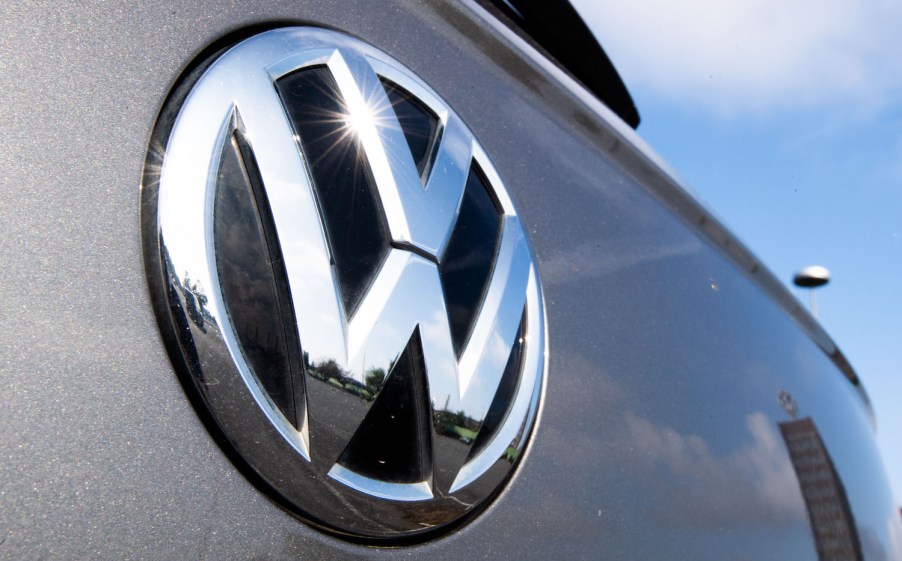
Again? VW Caught In New Clever Cheat On Emissions
Volkswagen is at it again. At least that’s what a European Court of Justice adviser is saying. A VW owners group has gone to the Austrian Supreme Court claiming that VW is cheating on emissions controls. Again. Outside temperatures and altitudes measured by the VW ECU cut-off control according to this latest complaint. Austrian law says these are defined as “defeat devices, which are obviously illegal.
Now, ahead of the court’s determination, a CJEU adviser says that how VW has deactivated exhaust purification is definitely illegal. Here is how and when the emissions defeat kicks in. Software deactivates NOx controls when temperatures drop below 15 C degrees (59 degrees Fahrenheit) and above 33 C degrees (91 degrees Fahrenheit).
Volkswagen deactivates emission controls emissions controls based on temperature and altitude

It also deactivates controls when the altitude increases above 1,000 meters or 3,280 feet. Once deactivated, the cars emit far more NOx than allowed by European regulations. Advocate general Athanasios Rantos points out that a CJEU case from 2020 determined that anything that improves the performance of an emission control system “during type-approval processes” is illegal.
Especially in Austria, temperatures are typically below 15 C and altitudes are mostly above 1,000 meters. So any Volkswagen with these emissions controls is emitting way more NOx than required by law most of the time. There are situations where the regulations allow for this type of emissions function, but only in “extreme conditions.”
An extreme condition would be one that potentially harms the engine. With an exhaust gas recirculation valve tied into the controls, there is no added protection cutting off the controls in these temperatures or altitudes.
Volkswagen says that its control defeats “remain permissible”

When reported by the UK’s AutoCar, VW sent them a long statement. “According to the criteria established by the Advocate General in his opinion, the thermal windows used in Volkswagen Group vehicles remain permissible. Their purpose is to prevent sudden and immediate risks of damage to the engine.
“In modern diesel engines, eg. in those used in vehicles of the Volkswagen brand, the exhaust gas recirculation is only reduced at temperatures well below 15deg C. In real driving conditions, the thermal window is de facto no longer used in these vehicles.
“Lawsuits against the manufacturers for tortious damages based on the use of thermal windows continue to have no chance of success, as has been shown by the recent rulings of the German Bundesgerichtshof (federal court of justice).”
Ramifications across the auto industry could be big

If the court rules in favor of the Volkswagen owners group the ramifications for the entire auto industry could be huge. Volkswagen seems to be the target, but most automakers follow these guidelines; at least according to VW. Many manufacturers will face software changes throughout their lineups with these types of emissions defeat parameters.
Whether a ruling against VW would have any impact in the US is unknown. But VW really can’t take another class-action lawsuit here to rectify running afoul of more emissions regulations.



